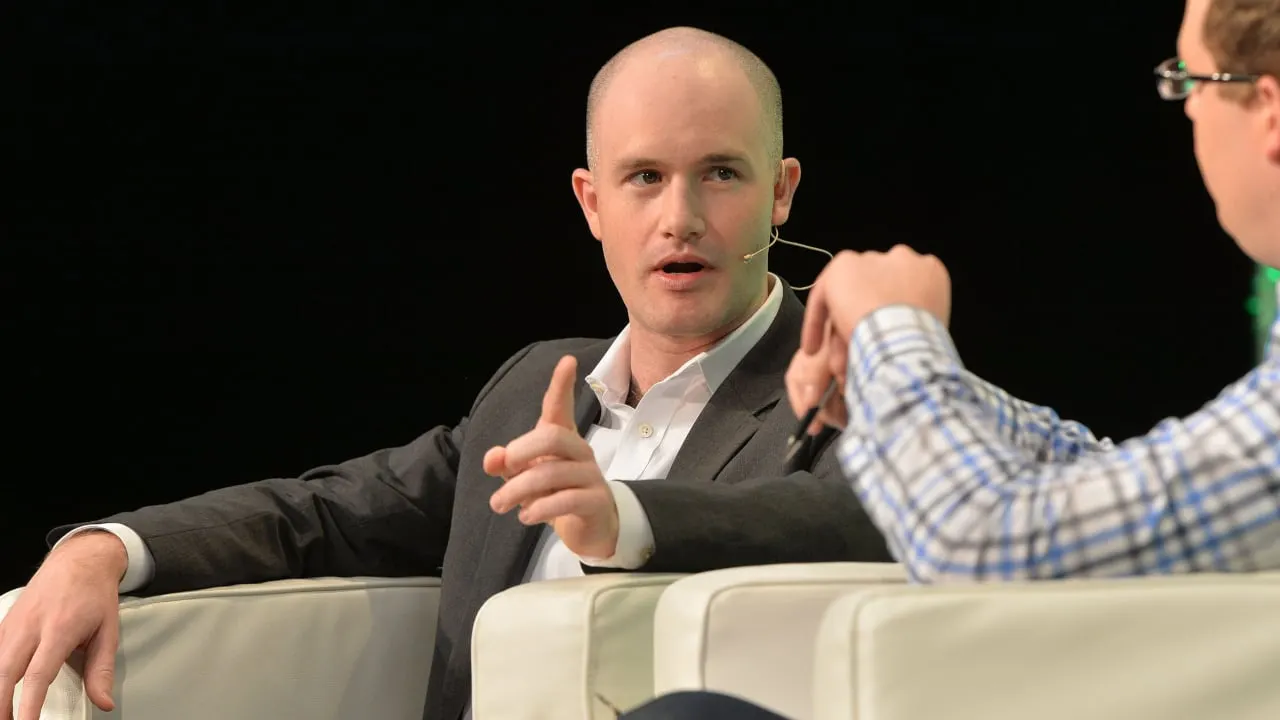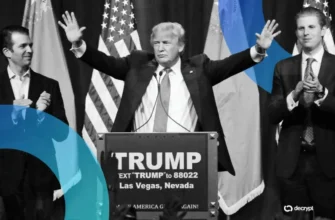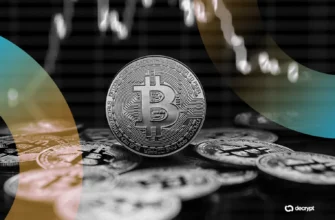
As stablecoin laws races towards the end line in each chambers of Congress, crypto leaders have issued more and more direct appeals to make these payments extra favorable to their trade—however they're encountering resistance from lawmakers.
One emergent sticking level has been whether or not U.S.-regulated stablecoins ought to be allowed to generate curiosity for holders shifting ahead. On Coinbase, for example, customers can presently earn 4.1% APY on their USDC deposits—a sexy function that might at scale make stablecoins aggressive with conventional financial institution financial savings accounts, which provide a lot decrease rates of interest.
However as presently written, payments within the Home and Senate on the topic forbid stablecoins from providing customers curiosity or yield to their holders. Stablecoins are digital property pegged to the U.S. greenback that permit crypto merchants to enter and exit positions with out the necessity to entry {dollars} immediately, and underpin the whole crypto financial system to the tune of tens of billions of {dollars} in every day quantity.
On Monday, Coinbase CEO Brian Armstrong made a direct attraction to lawmakers to loosen restrictions on interest-bearing stablecoins. In a pointy assertion posted to X, Armstrong argued that if Congress prevented stablecoins from producing curiosity, the federal government would successfully be “put[ting] it’s thumb on the size to profit” the banking trade over crypto.
Inside hours, nonetheless, the highest Republican lawmaker shepherding stablecoin laws via the Home poured chilly water on that argument, shutting down Armstrong’s request.
Rep. French Hill (R-AR), chair of the highly effective Home Monetary Companies Committee, advised reporters Monday afternoon {that a} basic understanding amongst lawmakers that allowed stablecoin laws to get off the bottom within the first place was the notion that the merchandise ought to be thought of a cost rail designed to extend effectivity—not an funding product.
“That was a consensus that's been established on each side of the Hill, and it's probably not extra difficult than that,” Hill mentioned. “It's not going to be an funding per se. It’s meant to be cost.”
In response to a query from Decrypt about Armstrong and Coinbase’s place—that such a legislation as written may unfairly profit banks—Rep. Hill provided his candid evaluation.
“I don't view it the identical means I might view a checking account,” Hill mentioned of stablecoins. “I hear the standpoint, however I don't assume there's consensus among the many events, or the [chambers] of Congress, on having dollar-backed cost stablecoins pay curiosity to the holders of that stake.”
Hill and the Home Monetary Companies Committee are set to mark up their stablecoin invoice, the STABLE Act, on Wednesday.
Decrypt reached out to Coinbase relating to Hill’s place on the topic, however didn’t instantly obtain a response.
As stablecoin issuers have jockeyed to put together choices within the expectation of the passage of associated laws, curiosity and yield have emerged as key promoting factors for such merchandise. However now, these perks might not materialize.
Final week on the DC Blockchain Summit, the Trump household and its enterprise companions—who lately launched their personal stablecoin by way of World Liberty Monetary—made the pitch that the product may usher in the way forward for American banking due to profitable incentives.
“You’re giving these individuals this unchained banking equipment that enables them to have {dollars} which are perhaps incomes 4%, 5%, 6%, proper of their account, the place they will pay immediately at any supply of consumerism,” Chase Herro, a co-founder of World Liberty, mentioned onstage, referring to stablecoins.
“I believe we’ve seemed previous the simplest thought,” Herro mentioned. “How do you get a shopper to eat with a greater product?”


